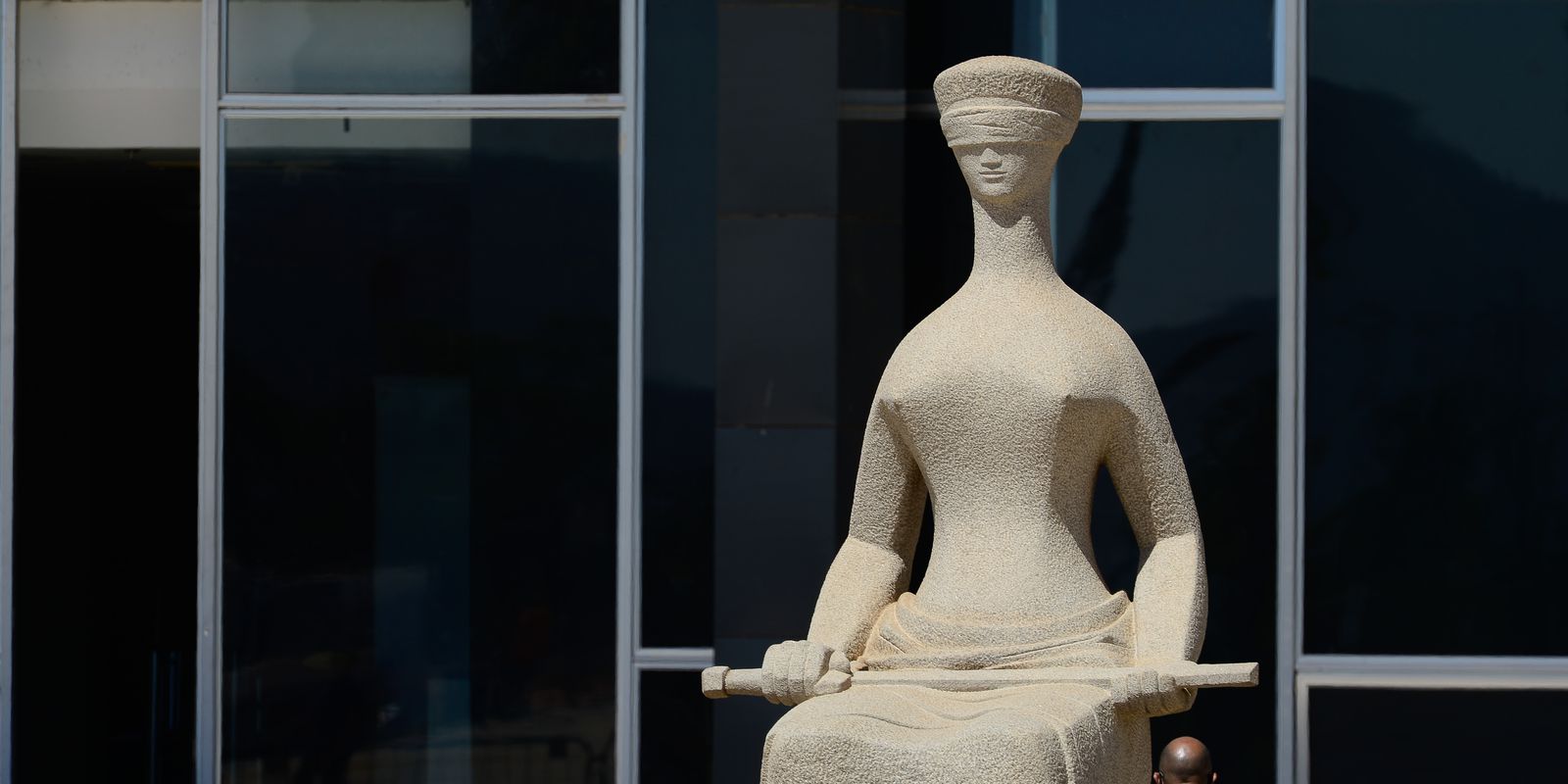The Federal Supreme Court (STF) resumed today (14) the judgment of two actions that challenge Decree 10.046/2019, a rule that created mechanisms for sharing citizen data between federal public administration bodies.
The lawsuits were filed by the Brazilian Bar Association (OAB) and the PSB, which challenge the legality of the Citizen Base Registry and the Central Data Governance Committee. The trial began on September 1.
The entities claim that data sharing violates the privacy of the population and brings risks of misuse, such as sending data to the Brazilian Intelligence Agency (Abin) and leaking information.
First minister to vote on the issue, Gilmar Mendes understood that the data can be shared by the public administration, but with reservations, such as following the rules established in the General Data Protection Law (LGPD). In the case of disclosure of confidential data, the act may still be punished as administrative improbity.
Then, ministers André Mendonça and Nunes Marques partially followed the rapporteur, but diverged on the deadline for implementing the STF’s understanding, which would be until December 31 of this year, and not in 60 days, as defended Mendes.
After the demonstrations, the trial was suspended and will resume tomorrow (15).
After the entry into force of the General Data Protection Law (LGPD), the federal government regulated the sharing of data between federal public administration bodies and created the Citizen Base Registry, through Decree 10,046, of October 9, 2019
With the unified registry, federal government agencies cross-reference data available in the information base to digitize public services, such as international vaccination certification, amateur fisherman registration, declaration of aptitude for family farming programs and for requesting social benefits.
The integrated database contains general data on Brazilians such as CPF (Cadastro de Pessoas Físicas), name, date of birth, sex, affiliation, nationality and place of birth.















